Is Japan like anime? This is a question that intrigues many people fascinated by the colourful and vibrant world of Japanese animation. While anime portrays a captivating and sometimes exaggerated version of Japanese culture, the reality of living in Japan offers a different perspective. In this blog post, we will explore the aspects of Japanese life that align with anime depictions and those that diverge significantly, providing a comprehensive understanding of what to expect.
For those planning to visit or move to Japan, it’s essential to distinguish between the fantasy of anime and the actual cultural and social norms you’ll encounter. By delving into language use, fashion, technology, and everyday interactions, we’ll reveal how Japan both reflects and differs from the animated stories many of us love. This insight will not only prepare you for your journey but also deepen your appreciation of Japan’s rich and multifaceted culture.
One of the best ways to explore Tokyo is to visit the local areas and immerse yourself in the local culture. If you want to explore local areas, we have created scavenger hunt adventures personalised to your interests, filled with fun facts, clues and puzzles. If you’re curious, you can check out the games here! Check out the Flip Japan Games here! |
How Japan Isn’t Like Anime
Using the Word “Ore”
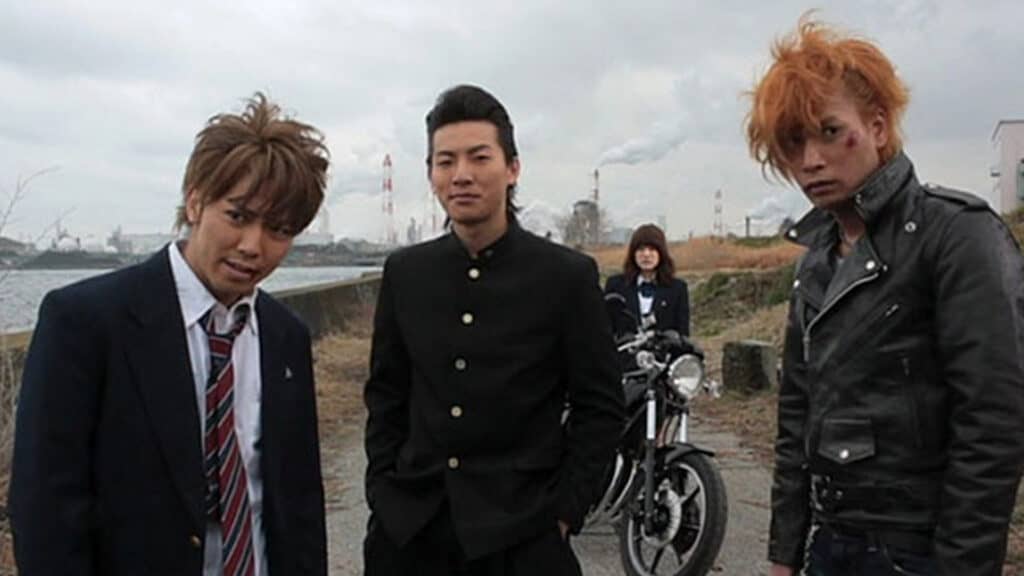
It’s not okay to refer to yourself using words like ‘ore’ or to speak tough the way characters sometimes do in anime. Although it’s used in anime, using language like this can be super taboo in Japan in certain situations.
What to expect from the Japanese language? It’s not acceptable to refer to yourself using words like ‘ore’ or to speak as tough as characters sometimes do in anime. Although it’s used in anime, using language like this can be highly inappropriate in Japan in certain situations. The way you speak has a lot to do with your relationship with the person you’re conversing with.
Unless you know how to use Japanese learned in anime effectively, it’s better to play it safe and try to use parts of the language that you’re confident with. Otherwise, you risk unintentionally offending someone or coming off as ignorant. So, is Japan like anime in this regard? Not really, as respectful and contextually appropriate language use is crucial.
Everyone Knows Martial Arts
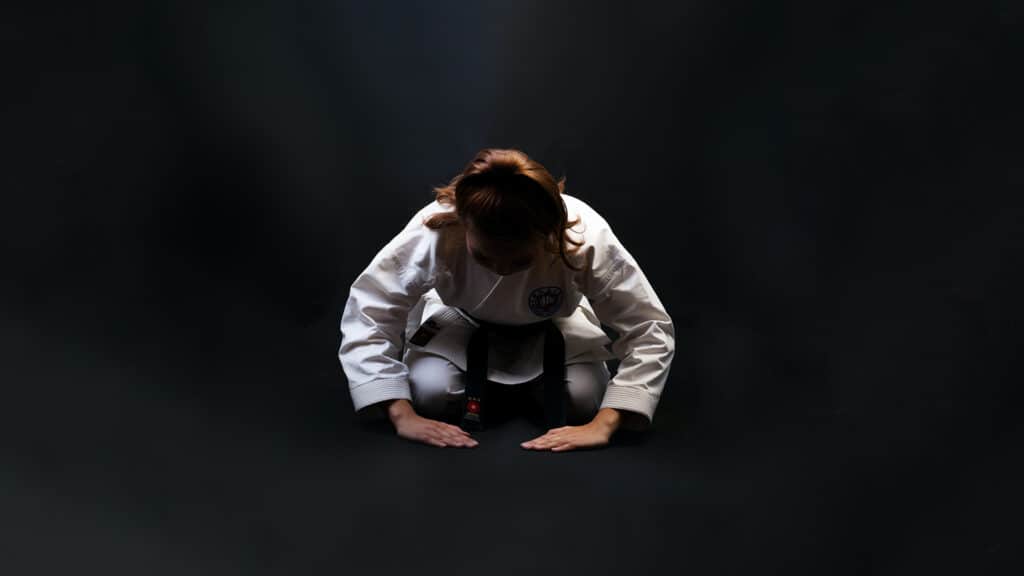
Well, not everyone knows martial arts. It’s the same as where you’re from. You probably learn some sort of basic self-defence at some point in your life, but the stuff you see in anime is as much an exaggeration in Japan as it would be anywhere else in the world.
Clothing
People don’t dress the way folks do in anime. When you watch anime, you will find people wearing all kinds of crazy outfits. In Japan, you will actually see the majority of the people wearing “normal” clothing, from suits, T-shirts, jeans to dresses. Is Japan like anime in terms of fashion? Generally, no. While you may encounter unique fashion statements, especially in places like Harajuku, the average Japanese person dresses quite conservatively.
Anime Obsession
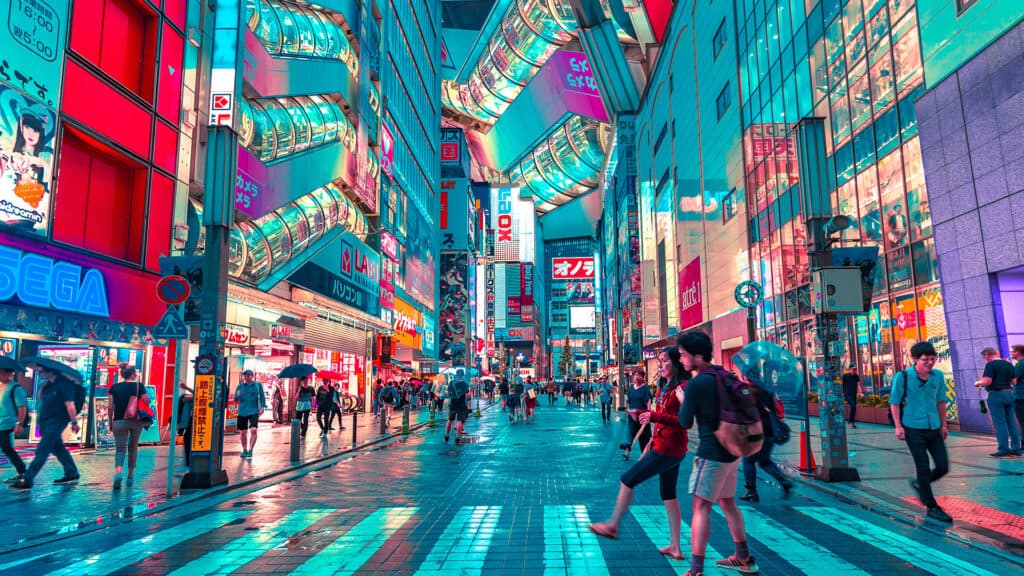
Anime is not as popular as you might think.
Although people who love anime come to Japan because it originated here, it’s a niche just like anything else and more times than not, when asked if they watch anime, a Japanese person will say they don’t. Most people watch anime the way Americans watch cartoons. You have your hardcore fans, but most people are light watchers. Is Japan like anime in its obsession with the medium? Not entirely, as it holds a niche status rather than being a universal pastime.
High Tech
Big cities like Tokyo or Osaka are not as high-tech as anime might suggest. A large majority of Japan is less modernised. For instance, I live 30 minutes from Shinjuku, and some places where I live only take cash.
Go farther out, and you will find mostly countryside and sparsely populated places. Is Japan like anime in terms of its high-tech advancements? While there are pockets of high technology, much of Japan remains traditional and low-tech.
How Japan IS Like Anime
Japanese “Weird” Fashion

People do wear some strange things in Tokyo. Harajuku, one of the world’s fashion capitals, is within an hour’s reach for most folks in Tokyo, so the competition for best-dressed can be quite intense. Go to Harajuku for guaranteed entertainment in the form of Japan’s many trends all smashed into one neighbourhood. In this sense, is Japan like anime? Yes, the eclectic and vibrant fashion seen in certain districts mirrors what you might see in anime.
Are Japanese People Polite?
People can definitely be very shy and submissive to the extent seen in anime. It’s a part of the culture and is something you need to acknowledge if you’re learning to speak the language. Oftentimes what isn’t said in Japanese speaks volumes. People are very polite, kind, and will help you if you’re lost or in need. In this respect, is Japan like anime? Absolutely, the cultural emphasis on politeness and subtlety is quite accurate.
Life Is Just Like Studio Ghibli
Studio Ghibli movies are pretty accurate about what Japan’s countryside is like or how it was in the Edo era. The daily lives that you can see in some of the movies can be experienced in Japan. A lot of the social issues outlined in the movies can be seen in Japan.
Studio Ghibli movies are pretty accurate about what Japan’s countryside is like or how it was in the Edo era. The daily lives that you can see in some of the movies can be experienced in Japan. A lot of the social issues outlined in the Ghibli movies can be seen in Japan. Is Japan like anime in the sense of its pastoral beauty and traditional lifestyle? Yes, Studio Ghibli captures the essence of Japan’s serene countryside and cultural heritage.
The Complex Japanese Language
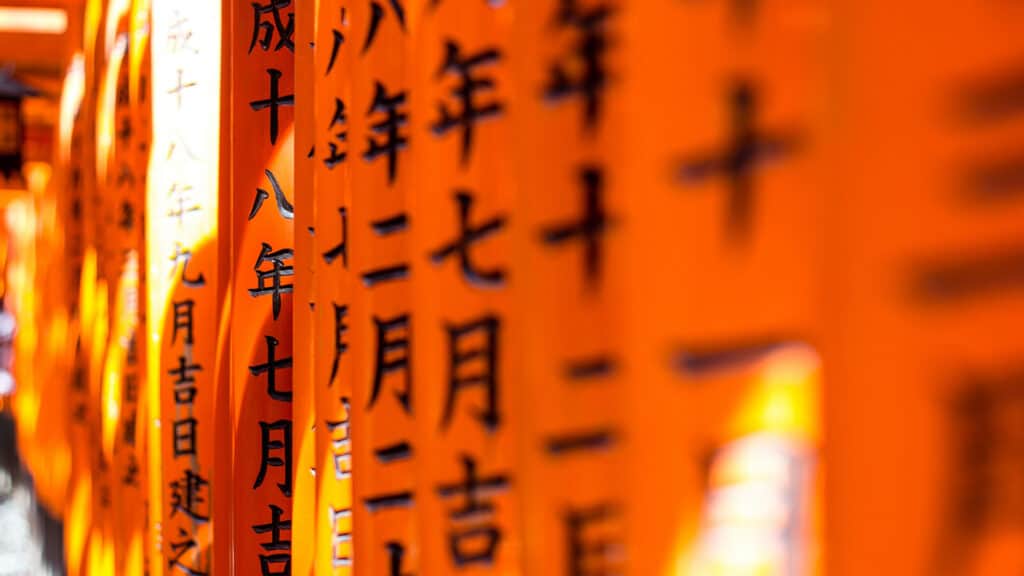
Natives like to shorten words a lot. There’s an abbreviated word for almost every major thing and then that spins off to be its own thing. Some of the slang used in Okinawa especially is almost unintelligible to people from Tokyo since Okinawa isn’t historically Japanese.
If I’d known this information before coming to Japan, I’d have saved myself lots of embarrassment. I’m sure I was just having fun at the time but since I decided to stay in Japan for as long as I have now, I’m much more cautious about what I do and say. Take time out of your day to study up Japanese culture and the language properly. Your Japanese friends will appreciate you knowing more about their culture and ultimately your experience in Japan will be much more pleasant!
Embracing the Real Japan
Japan offers a unique blend of ancient traditions and modern innovations, and while anime provides a captivating portrayal of Japanese culture, it is essential to understand that it is a stylized and often exaggerated representation. By exploring Japan, you will find that while some aspects mirror the colourful and eccentric world of anime, much of the country’s charm lies in its subtler, more authentic elements. From the everyday politeness of its people to the serene beauty of its countryside, Japan presents a multifaceted experience that goes beyond what is depicted in animated series.
Understanding the differences and similarities between Japan and its anime portrayals can enrich your experience and deepen your appreciation for the culture. As you navigate through Tokyo’s bustling streets or the peaceful rural areas reminiscent of Studio Ghibli films, you’ll gain a deeper insight into the nuances of Japanese life.
This journey of discovery highlights the importance of respecting local customs, learning the language, and immersing yourself in the everyday experiences that make Japan truly unique. Whether you’re a casual visitor or planning a long-term stay, embracing both the real and imagined aspects of Japan will undoubtedly enhance your adventure and create lasting memories.
Stay tuned for more information about Japan travel, Japanese culture, moving to Japan, living in Japan, Japanese language and more.

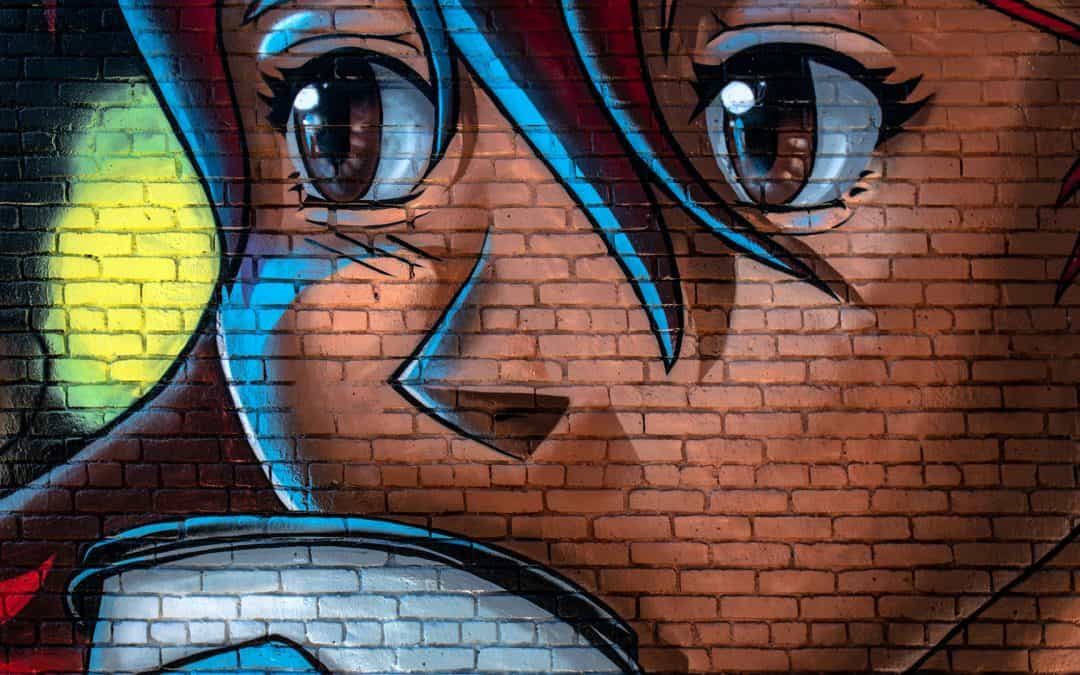
Recent Comments